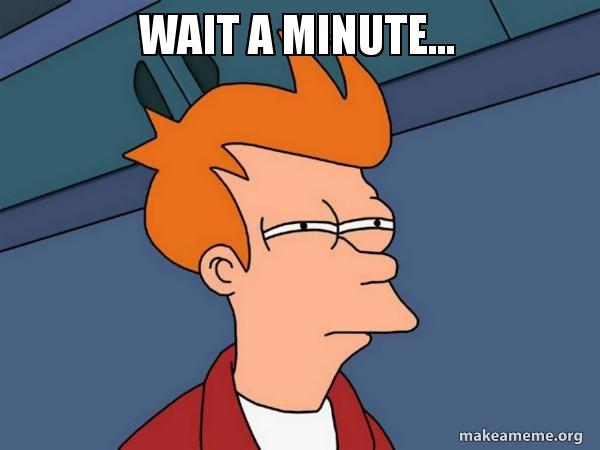How to make a CV that speaks to what's important

At Manfred we find it hard to believe in the traditional CV. A format that lists past experiences, technologies, acronyms, competencies… That focuses on what you are and says little or nothing about what you want to be: your aspirations, objectives, and concerns.
Perhaps traditional recruitment was looking for just that: to review what you know how to do as a professional and, therefore, what gap you can fill today, now, in the company. However, the recruitment made with feeling should be concerned about what a person wants to achieve in the medium-long term; and if that has a place and adds value to the direction in which the company is moving.
Posts on how to make a Curriculum Vitae there are 800 scattered throughout the network. However, there are few who question whether the predefined categories make sense, and many who simply let themselves be carried away by inertia. Here's our bet.
First question: How long should a CV be?
You may be facing your CV writing after a long time. Or it may be the first time you've done it. Legend has it that it should be a one-page summary, and that there are evil recruiters who will discard you if you go over that. Legend has it that the one-page format arose from the problems encountered when they printed resumes: loss of the second page, printer malfunctions that caused only one page to print… C’mon, it’s the 21st Century.
Thus, Blanca, our VP of Product, put our team through a quick survey:
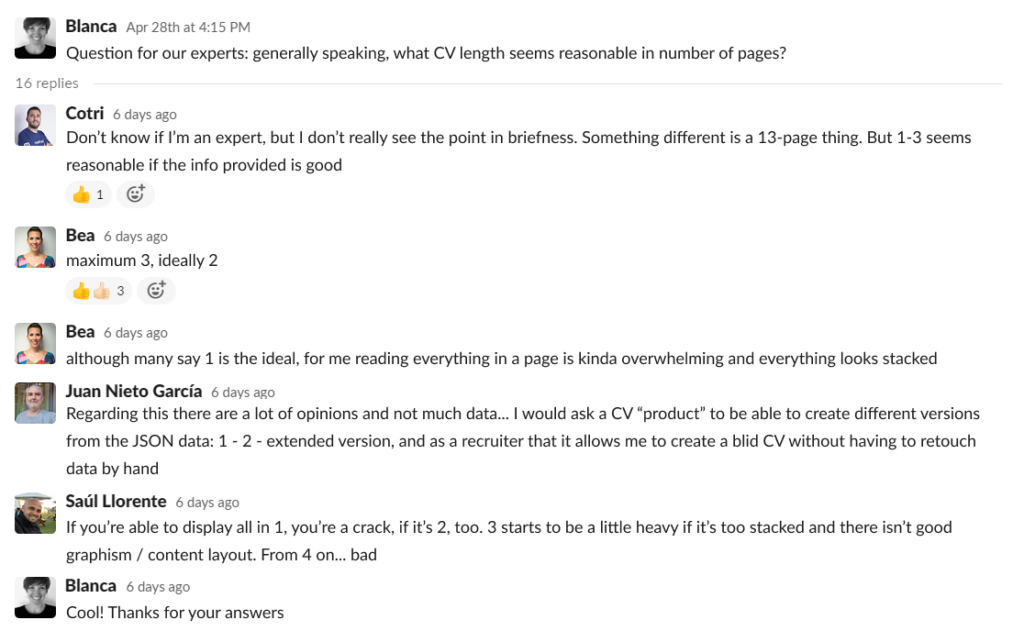
While it seems that in recruitment there is a consensus between 1 and 3 pages —those necessary to tell all valuable information in an orderly and structured way—, there is also another current of thought that defends that there are no limits, as long as what we tell contributes. In fact, at Manfred we created the Manfred Awesomic CV (MAC, original version), which tended to extend to infinity. Our CEO's MAC, for example, has 12 pages :o.
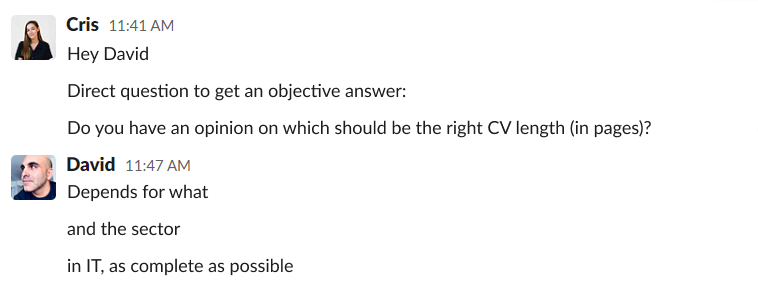
Content: What do I tell in the CV?
The most popular sections
Contact: recruiters must have a way to contact you. No matter if it is a phone number, an email, whatever you prefer. Furthermore, it can be a space where you can add interesting links if you have them (repositories, LinkedIn, Manfred profile, social networks…).
- Is it necessary to put my address? Not for us, it is not. Although it may become useful if the role is face-to-face or hybrid, it would just be necessary to state the province or city, but not the specific address.
Professional experience, from most recent to oldest. Ideally, in each one you should briefly describe what you worked on and with which tools or technologies, as well as any relevant milestones you participated in that position...
Training, certifications, courses. The depth you want to give it will depend on the rest of the content you want to include. For example: if you are a junior or less experienced person, you can probably go into more detail about the training you have received. If you have more to tell in other sections, this will be the part most likely to be summarized.
Languages, dear. With its corresponding level. The more objectivity and accuracy you can provide, the better (i.e., better than "English average", providing a degree or experience with it, such as "ability to speak fluently" or "native" will help a lot).
Technologies and tools with which you are fluent. And as with languages, the more objectivity you can provide regarding your level, the better (this does not mean drawing lines telling what level you are in, but rather explaining milestones, challenges or years of experience working in a certain technology). We open a good debate on this:
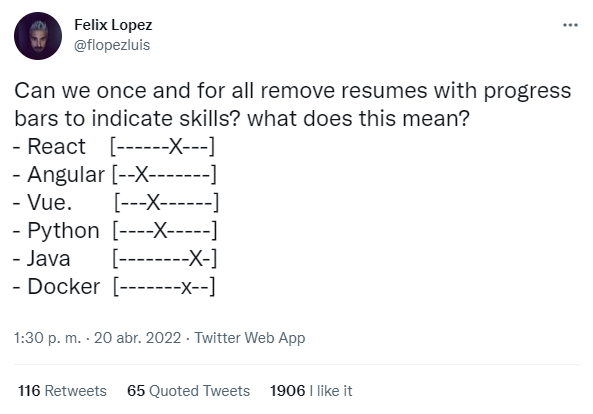
Skills, aptitudes.
- What can your way of being, your personality, bring to a team?
- What differentiating value have you acquired in your past experiences? It is the moment to put on the table experience with TDD, patterns, principles?
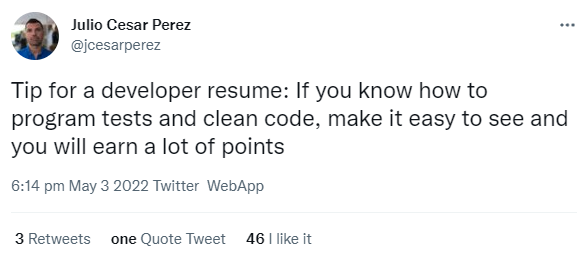
Going beyond the traditional CV
One of the problems with the traditional CV is that it talks a lot about what you are, and forgets about what you want to be. Your professional goals, your concerns. Where you see yourself professionally in a few years. What makes you happy at work. Or more down to earth, what technologies you would and would not like to work in. This information is as valuable as all the information developed above.
We invite you to turn it around and add to it. We don't intend to set the standard, but we are confident that it will help you stand out from the crowd and provide valuable information. Valuable.

Format
21st century and in many companies still ask for PDF CVs... Documents that are outdated the moment they are sent. This is the biggest mistake of traditional recruitment: they are losing information and potential candidates that can be valued in the future.
But as far as we are concerned, the ideal is to have the CV online and updated, because you never know what opportunities you could be losing if you don't. Where to store it? If you prefer, and you can make your own website, avanti. For us, there should be a platform where when you make any changes, your LinkedIn, your repo, your Infojobs, etc., are also updated; and from which you could apply directly to offers on any jobs page.
Oh, wait… we are building it! For now, you can import your information from LinkedIn ;).
Next features coming soon!
